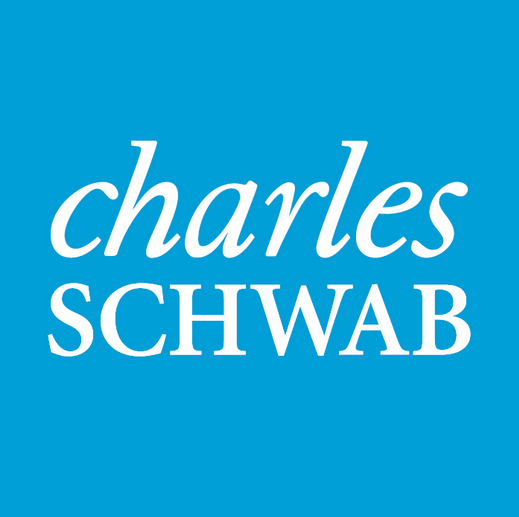Today's new listings
USA
New US issuer Spinnaker ETF Trust is set to launch its three inaugural products in New York. Little information is publicly available about the issuer. It is advised by OBP Capital, a North Carolina-based group about which there is also little public information.
The three debut ETFs are:
Fieldstone UVA Unconstrained Medium-Term Fixed Income ETF (FFIU)
Fieldstone Merlin Dynamic Large Cap Growth ETF (FMDG)
Fieldstone UVA Dividend Growth ETF (FFDV)
FFIU invests in debts with 5 - 7 year maturities. As the name suggests, it is unconstrained in what it can invest in. This includes junk bonds and sub-prime mortgages. The prospectus states: "The Sub-Adviser considers all mortgage-backed securities to be eligible for purchase regardless of their credit rating or lack thereof." Investors who remember 2008 might be wary. Total fees will be 1.23%.
FMDG will invest in 25 large cap companies that Merlin Asset Management, a Boston-based consultancy, believes will sustain large profit margins. Total fees will sit at 1.43%.
FFDV will invest in both American and foreign companies of any size that the fund's advisers, Fieldstone Financial and Universal Value Advisers, believe to have high dividend hopes. It will mostly invest in stocks but also in derivatives and cash. Total fees will be 1.63%.
Today's news from around the web
US flow results for July in - Morningstar
July is another month demonstrating that US investors prefer passive equity strategies to their active competitors. According to Morningstar, almost $10.8 billion poured into American equity ETFs in July, up from $9.3 billion the month previous. Active funds saw $19.6 billion withdrawn from U.S. equity funds, compared with $14.6 billion in the previous month.
The China paradox: high performance but outflows
Why are investors ditching China despite it having a top performing equity market? According to Meb Faber: "China, for whatever reason, attracts boom/bust extremes in flows, valuation and sentiment. People have a very love/hate relationship with Chinese equities. In 2007, Chinese stocks traded at long-term P/E ratio of in the 60s. In 2009, it got down to 14. Into 2013, it got to 12. In 2015, China was the cheapest it'd been in a decade."
Charles Schwab - what they're doing
Schwab entered the ETF game late, not arriving until 2009. Now it's the fifth largest ETF issuer thanks to its willingness to aggressively underprice its competitors. "When it launched, Schwab U.S. Broad Market (SCHB) carried a 0.08% expense ratio. Today, the cost is even lower, at 0.03%." Could fees get even lower?



